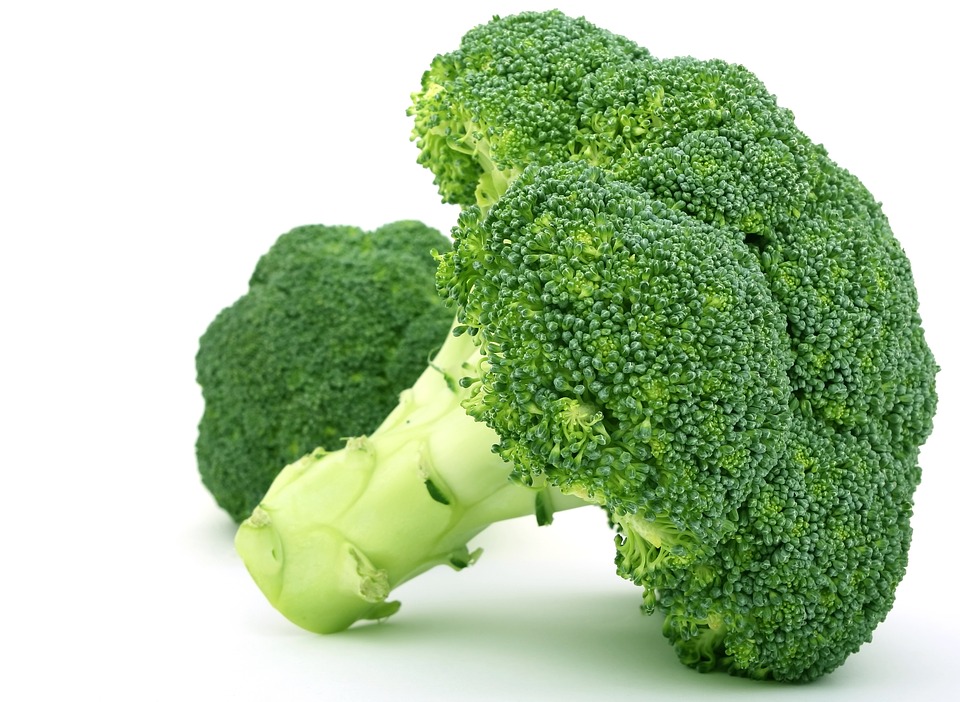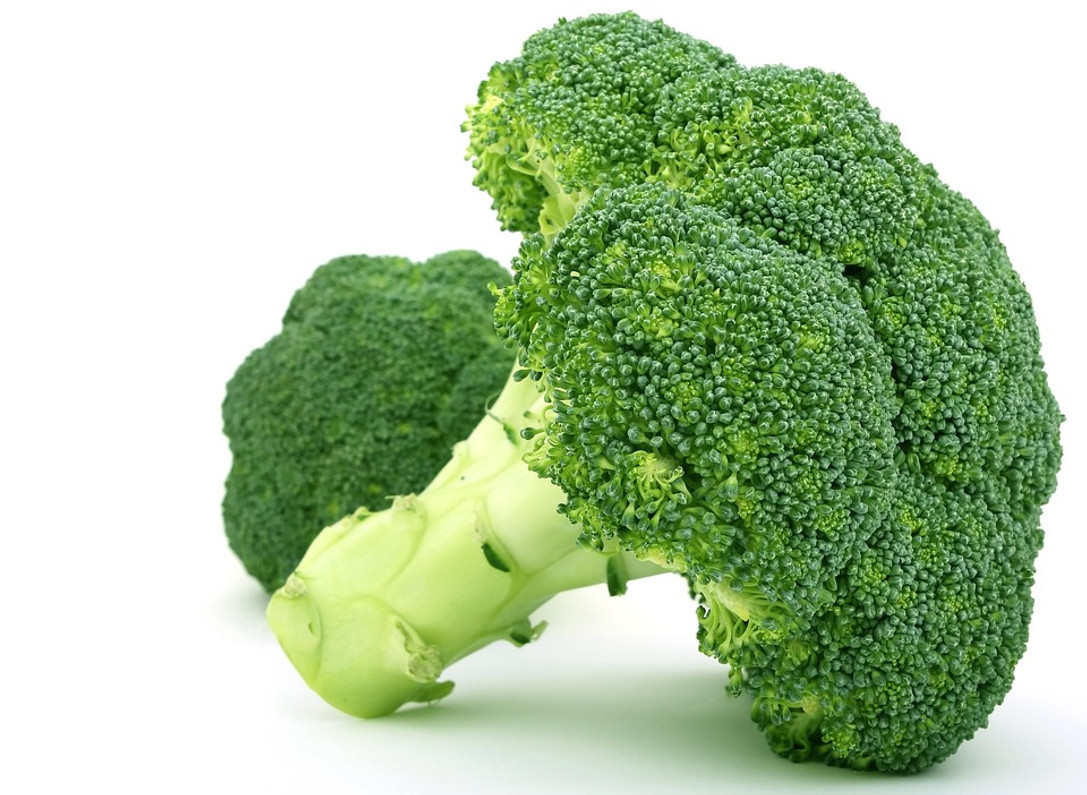Broccoli and Sprouts May Lower Risk of Arthritis and Heart Disease

If you want to prevent heart disease and arthritis, you should consume more broccoli and sprouts in your diet. According to a new study, these two vegetables may lower the risk of arthritis and heart disease.
Researchers from Pennsylvania State University found that feeding mice broccoli with their regular diet improved digestive tolerance to leaky gut and colitis; thus, leading researchers to conclude that broccoli, as well as cruciferous vegetables like Brussels sprouts and cabbage, may protect against arthritis and heart disease.
Taking the lives of nearly 600,000 Americans every year, heart disease remains the leading cause of death among men and women. While not as deadly, arthritis is also a problematic condition from which millions of people suffer. Current statistics suggest that around one in four Americans suffer from arthritis. Characterized by inflammation of the joints, it's often a chronic disease that becomes progressively worse over time. However, this recent study suggests that cruciferous vegetables may protect against both arthritis and heart disease.
While this study was done on mice, researchers believe the results to be the same for humans. The benefits of cruciferous vegetables lies in the body's aryl hydrocarbon receptors (AHRs), which researchers say is used to regulate environmental toxins and contaminants. When you consume broccoli and Brussels sprouts, it releases compounds that bound to the AHR receptors. In turn, this assists the body in maintaining a proper balance of gut flora to support a healthy and functional immune system.
Researchers believe these effects could protect against several diseases and health conditions, including heart disease, arthritis, Chrohn's disease and more.
"There are a lot of reasons we want to explore helping with gastrointestinal health and one reason is if you have problems, like a leaky gut, and start to suffer inflammation, that may then lead to other conditions, like arthritis and heart disease," said study author and lead researcher Gary Perdew.
Researchers added that for the study, mice were given broccoli consisting of 15% of their diet. The equivalent for humans would be roughly 3.5 cups of broccoli daily.
This study was published in the journal of Functional Foods.
Recent Posts
-
Fire Safety in the Workplace: What You Need to Know
What steps are you taking to prevent fires in your workplace? According to the U.S. Occupational Saf …Aug 23rd 2023 -
Is It Safe to Go Jogging With a Cold Infection?
If you're suffering from a cold infection, you might be wondering whether it's safe to go jogging. T …Aug 22nd 2023 -
5 Safety Tips to Follow When Using a Powder-Actuated Tool
Powder-actuated tools are commonly used to join materials to steel and concrete. Also known as Hilti …Aug 20th 2023




